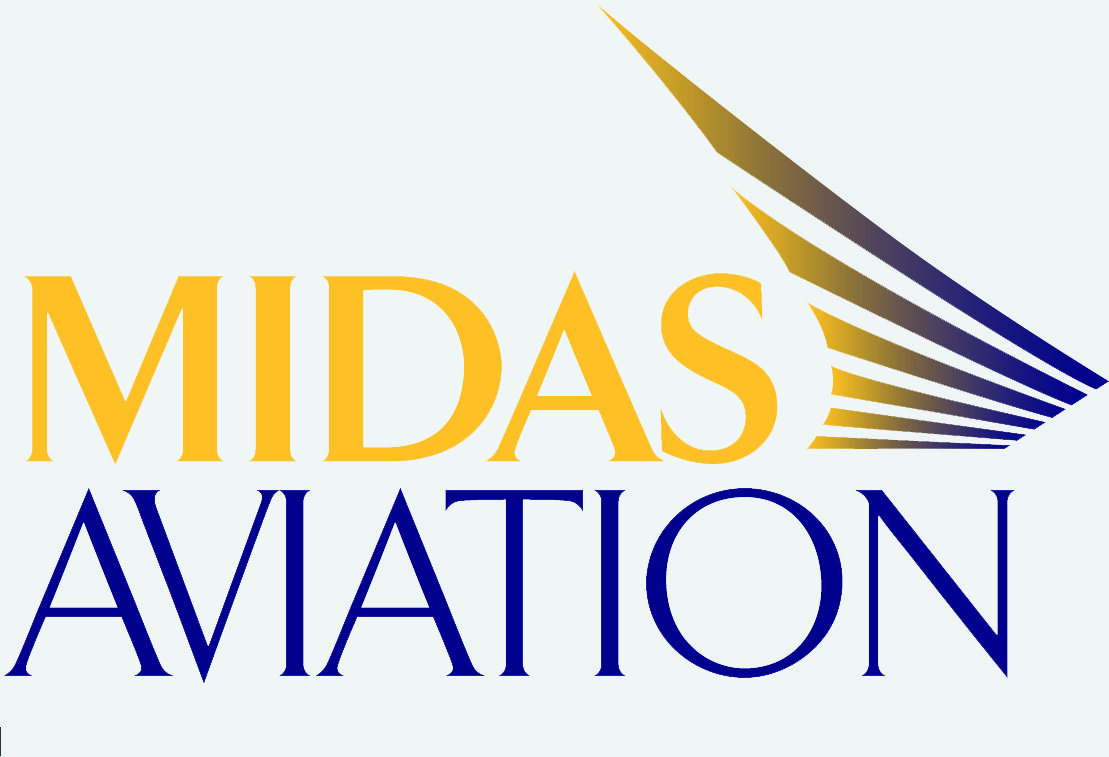China & The Power of 144
Since the late 1970s and the time of former communist leader, Deng Xiaoping, China has been on a steady trajectory toward further opening up its economy to the rest of the world. In more recent times, this push has coincided with the country’s efforts to enhance its global Soft Power, the ability to influence other nation states through non-coercive methods. With the late 20th and early 21st century having been one of the most peaceful eras of human history, as determined by the low level of recent war-related deaths, this notion of Soft Power, vis-à-vis Hard (military) Power, has seen substantial gains. For China, this has translated into a range of initiatives to improve its global perception and image, such as hosting the 2008 Beijing Olympics, expansion of the Confucian Institute and the global scaling of English-speaking Chinese media outlets like CCTV and Xinhua. One issue that China has seemingly failed to properly address however, is that of the ease of entry into the country for foreign travellers.
There remains a global stigma of complexity and confusion surrounding the process of obtaining a Chinese visa, especially for tourists. The perception remains that the process of obtaining a Chinese visa is both time and energy intensive, with considerable scope for mistakes, miscommunications and the need to repeat the process multiple times to get it right. And this is before one has arrived at customs in China! For the inexperienced traveller (or even the experienced), after what has likely been a long flight, they can be left overwhelmed with unclear signage, confusing processes, and staff without a strong grasp of English. Consequently, China’s potential for generating Soft Power through its aviation industry is reduced as travellers facing such complications may associate the aviation experience with the overall experience they can expect in the country. Importantly however, measures are in place to address these issues.
Firstly, major hub airports in China have been renovated and developed to increasingly cater for the international passenger. The modern expanses of Beijing Capital and Shanghai Pudong provide an airport experience that a global traveller has come to expect from any major international destination. The brand-new Beijing Daxing takes that even further, acting as a national symbol of innovation and strength, sporting its state-of-the-art design, leading technology and visually captivating setup. Secondly, and arguably more importantly, entering China is becoming easier for foreigners. Since 2016, China has allowed travellers to obtain a 144-hour transit visa, whereby citizens of 53 countries have been afforded access into China for 6 days, provided their onward travel takes them to a country that differs from their origin (eg. USA-China-Japan). This move has seen notable increases in international passengers taking up transit visas in China (which were previously capped at 72 hours), with nearly 2-million international travellers doing so in 2019. According to Xinhua, this constituted a 24% increase in visa-free travel in the country since 2017. The expansion of this policy to include more applicable Chinese cities has significant symbolic value and shows haw committed China is to improving access for foreigners and its perception as a destination.
Cities participating in the scheme will often offer pre-arranged packages and tours for transit travellers. These will regularly include a range of historic, educational and outdoor experiences, invariably designed to promote the best of the particular region the passenger is transiting through. As a result, combining the visa-free entry into the country, alongside these facilitated tourist programs, can be seen as a direct approach toward fostering greater international understanding, appreciation and trust.
As such, all of these factors are absolutely crucial in a country’s quest toward obtaining Soft Power, and form the basis for breaking down stereotypes regarding social and cultural differences. Once you start breaking down these barriers, trust is more readily formed and Soft Power is more easily generated. In turn, it is clear that the 144-hour transit visa has now made China an increasingly viable option for tourists who might otherwise have overlooked the destination on the basis that it was simply too much of an effort!
The question remains as to whether China can and should take the transit visa policy even further? Could they go so far as to drop the need for a transit visa, allowing tourists to enter for a week or even two, as long as they have a confirmed return booking to their country of origin.
Another move by China, consistent with its Belt and Road Initiative, might be to extend the access to these trading partners. Granting such flexibility to these project colleagues and trade partner countries would be in line with the more social and Soft Power related goals of the BRI.
Another idea would be to offer existing transit-visa holders the option of exploring more than one Province during their six days, given that for the most part, these transit-visas restrict the traveller to the Province of entry.
All of these ideas would collectively work to further enhance China’s Soft Power. Overall, the sheer size and capacity of the Chinese aviation industry lends itself to greater strategic use, creating benefits beyond air-connectivity and financial returns, and entering into the sphere of global influence and perception. This is why there is so much power that lies within the number 144.
View Daniels profile here

